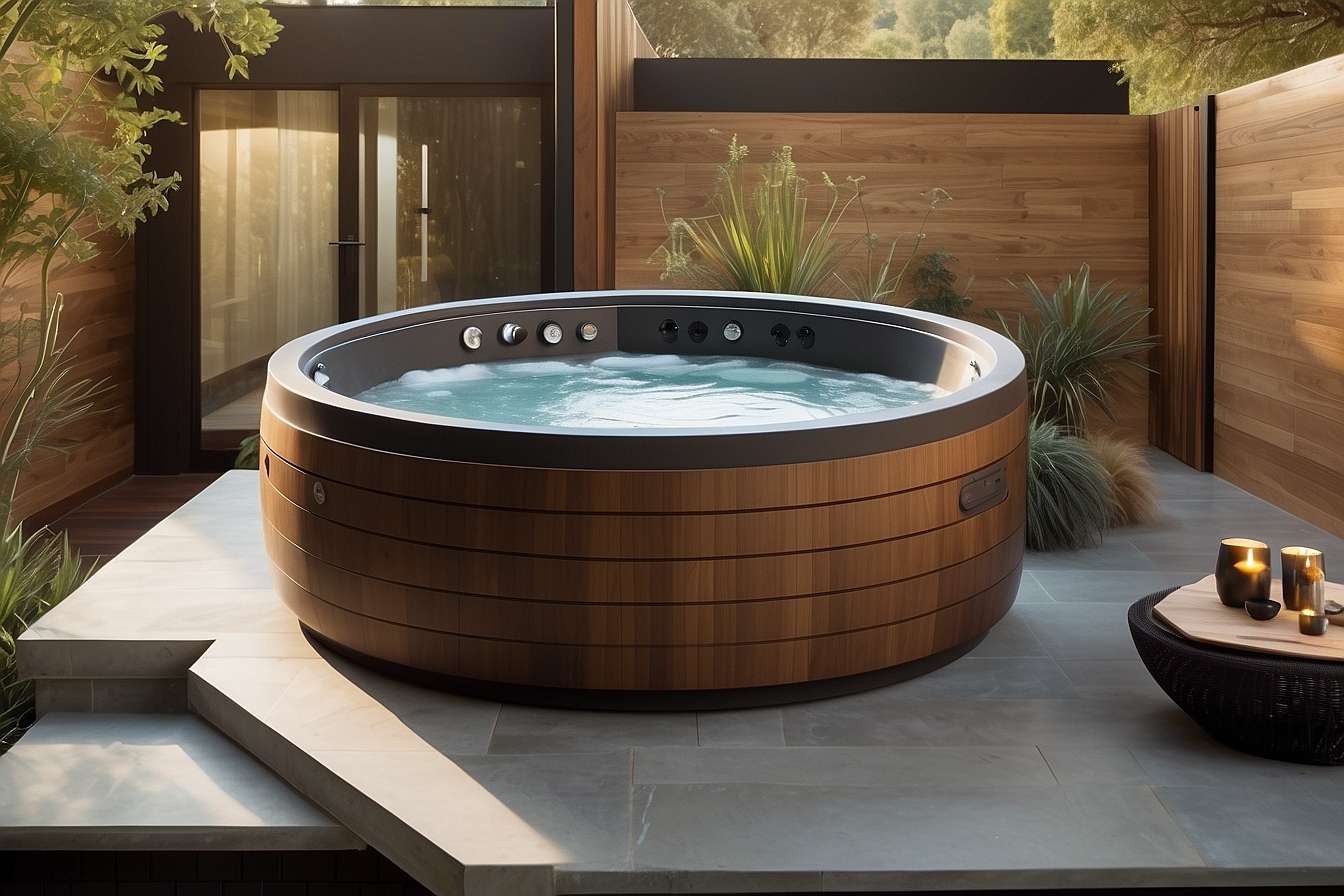Choosing the Right Hot Tub: Spa, Jacuzzi, Inflatable or Wooden
A hot tub can transform your backyard into a private retreat for relaxation, social time, or low-impact exercise. Whether you picture a luxe spa, a branded jacuzzi-style unit, an easy inflatable hot tub, or the rustic charm of a wooden hot tub, each option has trade-offs in comfort, durability, installation, and upkeep. This article breaks down the key differences, practical benefits, and what to consider when choosing and caring for a hot tub, including how to find local services to help with installation and maintenance.

What is a hot tub and why choose one?
A hot tub is a water-filled vessel designed for heated soaking, often with jets and seating for multiple people. People choose hot tubs for relaxation, social gatherings, and muscle relief after exercise. Modern units vary from simple portable models to built-in units with advanced filtration, ozone or UV systems, and programmable temperature controls. When deciding, consider available space, whether you need portability, how many people will use it, and any electrical or structural requirements for placement. Energy efficiency and insulation are important to lower ongoing costs.
How does a spa or jacuzzi differ from other models?
The terms spa and jacuzzi are often used interchangeably, though Jacuzzi is a brand name associated with specific jet and pump technologies. Spas typically emphasize hydrotherapy—targeted jets and ergonomic seating to massage muscles. Higher-end spas and branded jacuzzis tend to offer more durable pumps, customizable jets, and refined controls. Expect improved build quality and warranty coverage from recognized spa brands. Keep in mind that advanced features may increase electrical needs and maintenance complexity, so check local services for professional installation and periodic servicing.
This article is for informational purposes only and should not be considered medical advice. Please consult a qualified healthcare professional for personalized guidance and treatment.
Are inflatable hot tubs a practical choice?
Inflatable hot tubs are popular for their affordability, portability, and ease of setup. They generally come with an integrated heater and pump; some are simple plug-and-play units that can be set up on a flat surface with minimal tools. Inflatable models are best for temporary use, renters, or those who want a low-commitment option. Downsides include thinner walls (less heat retention), shorter lifespans, and fewer massage features than rigid spas. If you pick an inflatable hot tub, follow manufacturer guidance for ground protection, proper inflation, and winter care if you live in cooler climates.
What are the benefits of a wooden hot tub?
Wooden hot tubs offer a classic, natural aesthetic and are often constructed from cedar, redwood, or other rot-resistant timbers. They can be heated with electric heaters or traditional wood-fired stoves for a more rustic experience. Wooden hot tubs can retain heat well when properly insulated and maintained; they also age gracefully and can be repaired by replacing planks. Regular sealing, checking for leaks, and treating fittings are part of maintenance. While they bring charm and tactile appeal, wooden hot tubs may require more hands-on upkeep and skilled local services for long-term preservation.
Maintenance, safety, and finding local services
All hot tubs need routine water care: sanitization (chlorine, bromine, or alternative systems), pH balancing, regular filter cleaning, and occasional full water changes. Safety considerations include supervising children, installing anti-slip surfaces, ensuring electrical work complies with codes, and setting thermostats to safe temperatures. For installation, repairs, or annual service, search for qualified local services that offer hot tub plumbing, electrical inspection, and water-chemistry testing. Request proof of licensing and read service reviews when hiring professionals in your area. Proper setup and preventive maintenance prolong equipment life and improve user safety.
Conclusion
Choosing between a spa, jacuzzi-branded unit, inflatable hot tub, or wooden hot tub depends on budget, intended use, aesthetics, and how much maintenance you’re willing to do. Consider energy efficiency, features like jets and filtration, and the availability of reliable local services for installation and upkeep. With the right match for your needs and consistent maintenance, a hot tub can provide years of relaxation and social enjoyment.




